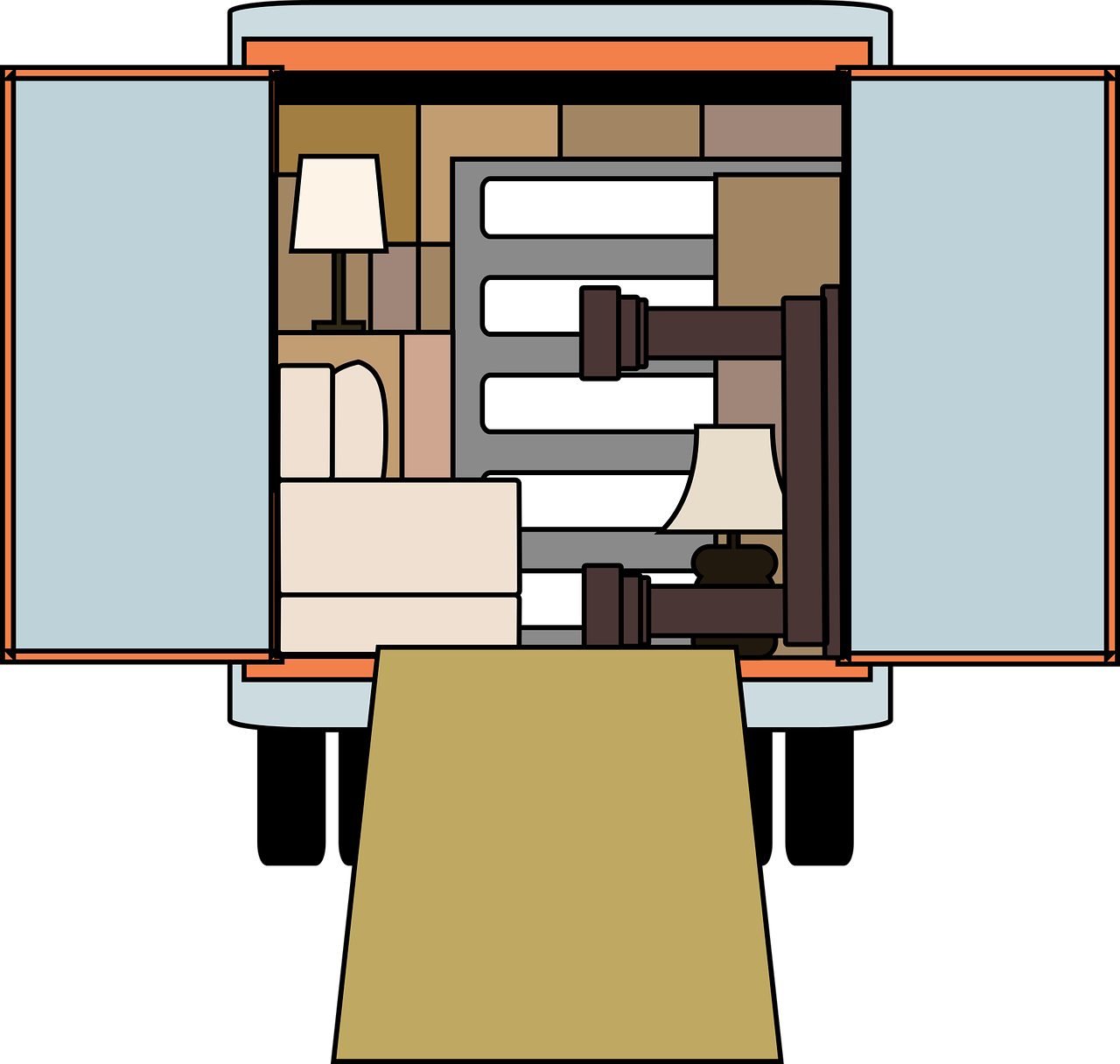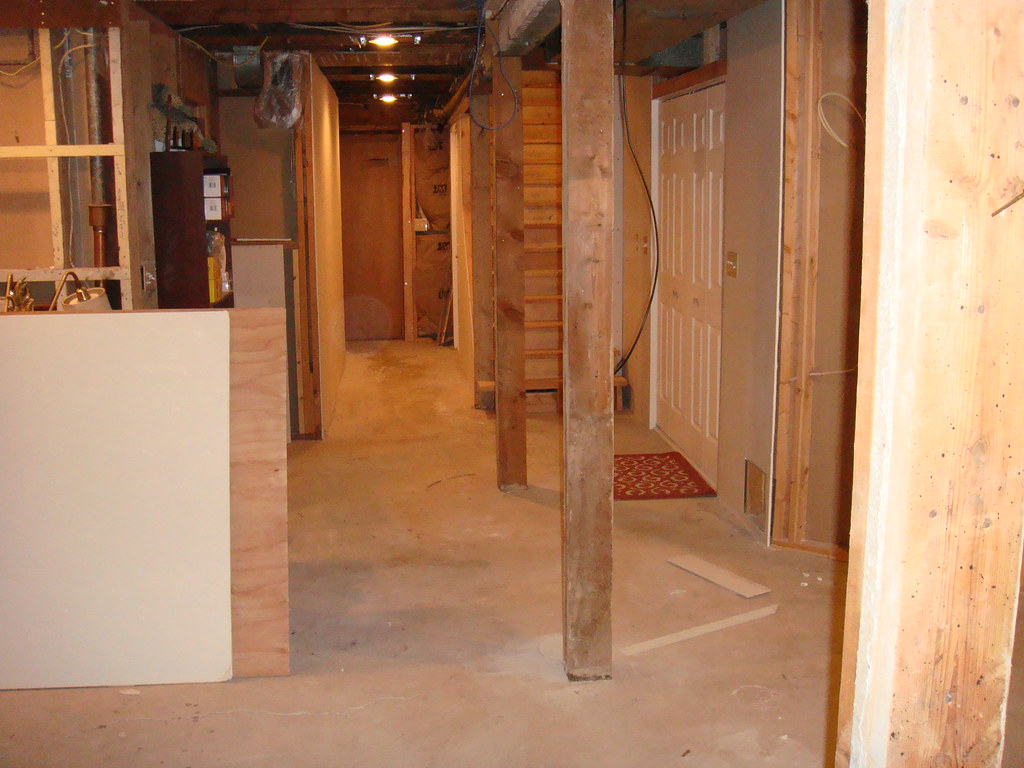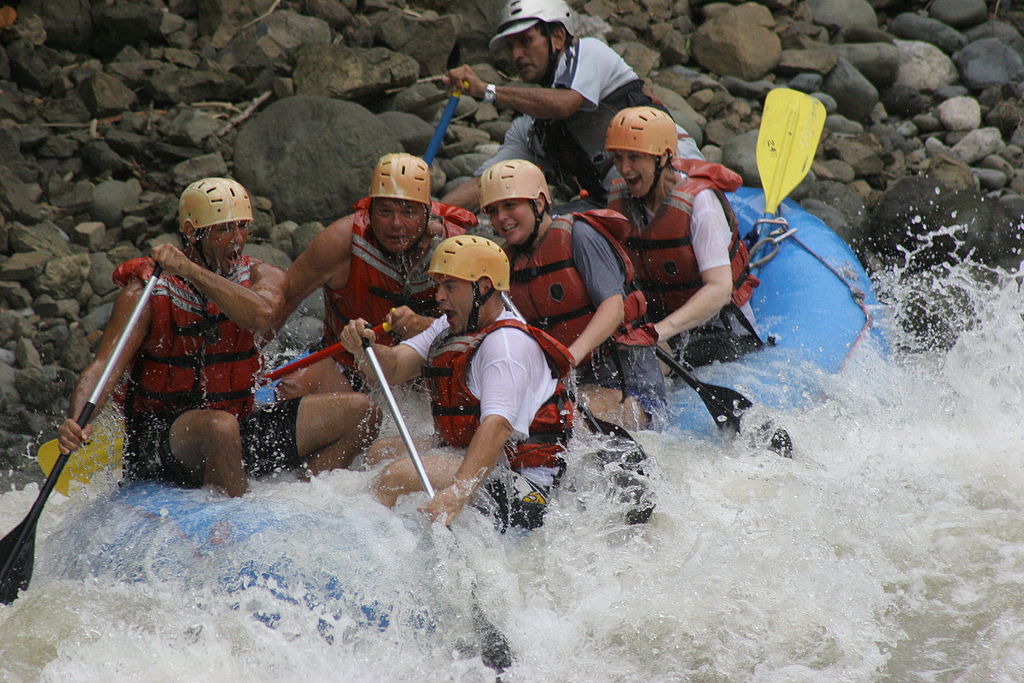
Thinking of transitioning to full-time RV living? If so, there are critical factors to consider before making the bold step of becoming a nomad in today’s society. You’ve probably set down some roots where you stay and it takes time and effort to pull them up and develop a new set for a drastically new way of life. Preparing for life on the road is never a walk on the park, but it’s always worth the effort.
Here is a guide on how to transition to RV living without breaking a lot of sweat:
Plan Ahead for Full-time RV Living
Whether you’ll be traveling alone or with family, take some time to brainstorm and make the envisioned adventure unfold in the right direction. Everyone going along with you should ask the following questions:
How will you handle your existing possessions, including furniture, cars, and the residence?
Do you have adequate income to support your life on the road or will you need an extra source?
How do you plan to get there? Do you need all the comfort of a motorhome or a truck camper will just be great?
Do you have any specific destination you’ll love to visit in your lifetime or you’re okay meandering all year round?
Do you plan to travel indefinitely or you’d want to commit a particular time frame?
Do you consider five star RV resorts your priority or backcountry camping will just do you well?
Put down the answers to these questions on a journal and let your travel companions do the same. Step back and assess your collective hopes and dreams and eventually come up with an ideal RV living lifestyle that suits everyone. Assign timelines on when to get rid of unnecessary possessions and draft out an itinerary for the first year.
Work Out the Cost of Living in an RV Full-time
Full-time RV living is not just a preserve for retirees living on a pension. Even young people can make a transition to RV living, but you must put your finances in order and learn how to make extra income on the go. In general, living and traveling in an RV is much cheaper than living a permanent residence. However, everyone has different comfort levels and what you spend your money on will affect the overall living cost.
Begin by creating a financial plan to make you reach your goals. Track your household expenses over a given period of time and figure out your yearly totals. Monitor your spending and develop a workable saving plan. Additionally, assess the maximum debt you can comfortably maintain should you lose your ability to earn while on the road. Network with your fellow campers and find tips on how to make some extra cash on the road.
Seek Help from Full-timers
There’s a lot of information about full-time RV living online. As much as such information is important for your research, joining a club of full-timers will help you learn the realities of actually living on the road. RVers are very friendly people and a quick internet search should point you to the right club to join.
You can also get reliable information from seasoned travelers who have spent a good part of their lives on the road and still not looking back. RV Living Now is a good place to stop as they focus on helping individuals on their journey to carve out new paths and live their dreams. They share travel tips, changing habits, how to make some cash while traveling, and even how to take your dog along.
The planning process of transitioning to RV living can be intense. However,when you finally hit the road, you’ll be thankful you took all the time and effort to make your dream come true. Nothing is as fulfilling as being wherever you want and still being at home.









